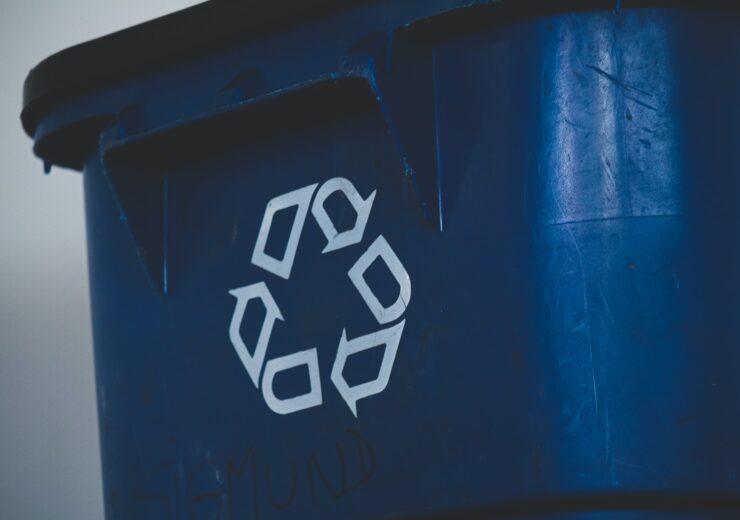With the acquisition, the film manufacturer is simultaneously substantiating its leading position in terms of a circular economy in the industry for flexible packaging

SÜDPACK is a manufacturer of high-tech films and packaging materials for the food, non-food, and medical product industries. (Credit: Sigmund on Unsplash)
With effect from January 2, 2024, SÜDPACK has acquired additional shares of CARBOLIQ GmbH and appointed Dirk Hardow as Managing Director. By doing so, SÜDPACK is demonstrating its commitment to a closed-loop system for plastics and to chemical recycling as a complementary recycling technology. Dirk Hardow, who as Manager of the BU FF&C is responsible for matters such as the development and implementation of closed-loop models, will lead the company as its managing director in the future.
The acquisition of a majority stake in CARBOLIQ was signed on December 15. For Erik Bouts, CEO of SÜDPACK, this is “the logical next step. We regard CARBOLIQ technology as an indispensable building block in our industry’s process of transformation towards a circular economy.”
With the acquisition, the film manufacturer is simultaneously substantiating its leading position in terms of a circular economy in the industry for flexible packaging. Because so far, SÜDPACK is the only manufacturer of flexible films with direct access to capacities for chemical recycling. “We believe quite profoundly in the benefits of this advanced technology compared to other oiling processes,” highlighted Dirk Hardow. “In terms of energy consumption and the processing window for a broad range of recyclables, CARBOLIQ technology offers significant advantages in comparison to other processes from our point of view,” elaborated Hardow.
And for good reason – in concrete terms, CARBOLIQ is an advanced thermo-chemical process that is also called direct oiling. What primarily differentiates the CARBOLIQ process from other pyrolysis technologies is its flexibility regarding infeed materials, which do not necessarily have to be based on polyolefin. Thanks to its high feedstock tolerance, CARBOLIQ is also suitable for converting not only contaminated, mixed or other plastics into oil, but also flexible packaging and highly complex multilayer films.
Another advantage is that the process requires a lower temperature of less than 400°C. The low process temperature, the single-stage approach of the process and the use of friction to introduce energy to the material make it possible to convert material with relatively low energy consumption.
Initial pilot projects with customers have already been successfully realized or are now in the implementation phase. “We expect chemical recycling to play a key role in the context of the upcoming PPWR (Packaging & Packaging Waste Regulation), not least to make it possible to meet the required recyclate use rates, particularly in the manufacturing of food packaging,” predicted Dirk Hardow.
At the moment, the CARBOLIQ plant concept is – based on high-caloric fractions and fully continuous operation – designed to provide an annual output of approximately 10,000 tons. The secondary raw material that is distributed under the name of CLR (Circular Liquid Resource) is similar in many of its main properties to fossil oil and the products obtained from it – which makes it a fully-fledged substitute for fossil resources.
Dirk Hardow is looking forward to getting customers excited about the technology and to establishing the process even more firmly in the market in collaboration with the CARBOLIQ team. Because: “In our opinion, it will not be possible to manage the transition to a circular economy with mechanical recycling on its own, but rather with a healthy mix of a broad variety of technologies.”
Source: Company Press Release
